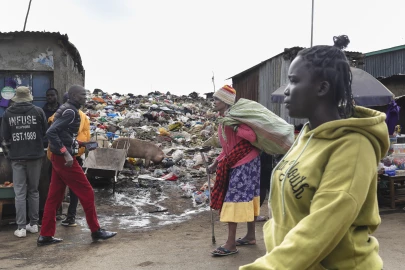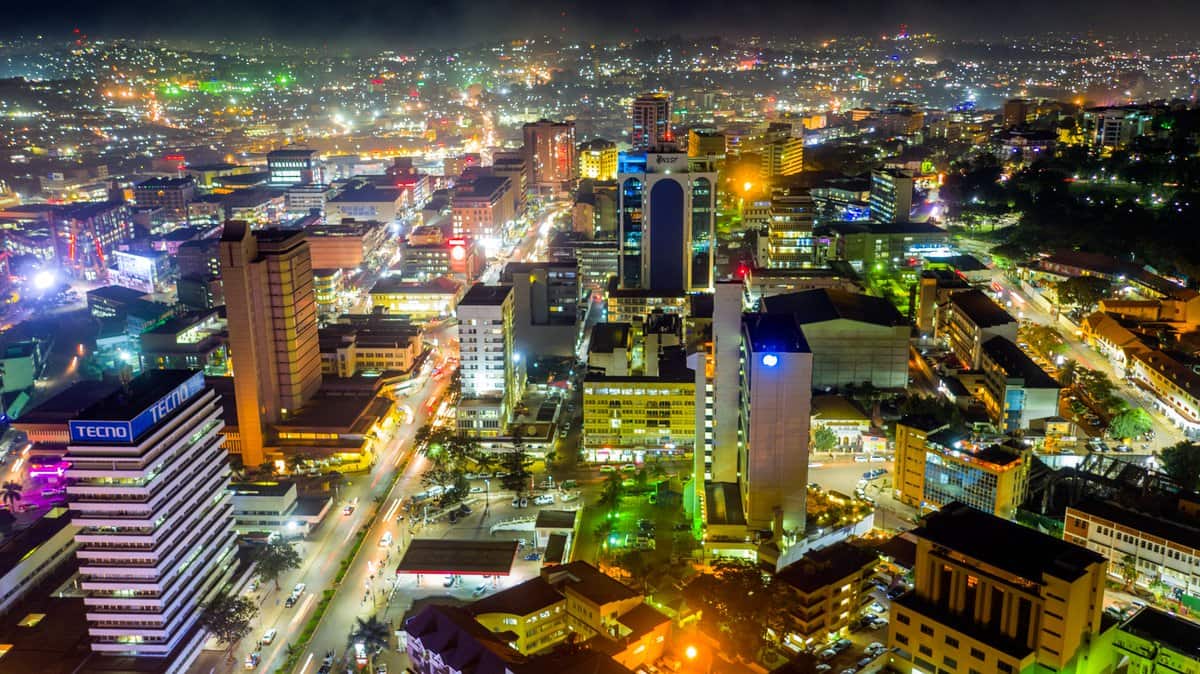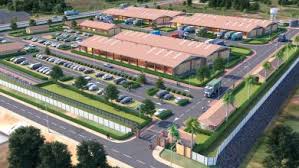In the heart of Nairobi’s largest informal settlement, Kibera, a new initiative is transforming lives by turning plastic waste into access to clean water and sanitation services.
For 85-year-old Molly Aluoch, who has lived in Kibera for over 30 years, life has never been easy. Water and toilets have always been scarce and expensive, often controlled by cartels that charge prices most residents cannot afford. Before, Molly would pay 10 shillings to use a toilet and another 10 for a shower — a big cost for families surviving on just 200 to 400 shillings a day.
“When I didn’t have money, I couldn’t use a toilet,” she recalls. Frail and unable to use Kibera’s dangerous pit latrines, she sometimes resorted to unsafe methods. But now, things have changed.
Thanks to the Human Needs Project (HNP), residents can collect discarded plastic and exchange it for “green points”. These points act like credits that can be used for clean drinking water, safe toilets, showers, laundry services, and even meals.
“With my green points, I can now access a comfortable and clean toilet and bathroom any time of the day,” says Molly, who also takes care of three grandchildren. The money she once spent on toilets now goes toward food.
The system works simply: one kilogram of recyclable plastic earns 15 green points (equal to 15 shillings). Residents take the plastic to collection centers, and the points they earn can be redeemed for essential services. The program now serves around 800 residents every day, providing clean water, sanitation, and menstrual hygiene facilities.
Since its launch in 2015, the Human Needs Project has distributed over 50 million liters of water and facilitated more than one million toilet and shower uses. In 2024 alone, it delivered 11 million liters of water and enabled 124,000 bathroom visits.
For many like Magret John, a 50-year-old mother of three, this has been life-changing. “We used to go days without water, and sometimes vendors created shortages to raise prices. Now, I just collect plastic, get points, and get water,” she says.
Water scarcity in Kibera has long been a crisis. While Nairobi’s connected households pay around $0.60 per cubic meter of water, Kibera residents often pay up to $19 for the same amount, due to exploitation by informal vendors. This project helps fight such unfair practices while reducing plastic waste in the slum.
HNP currently runs 10 water points across Kibera, sourcing water from a borehole with a capacity of 500,000 liters per day. In the first quarter of 2025 alone, Kibera residents delivered two tonnes of recyclable plastic, with 250 women actively involved in collection.
The project not only improves hygiene and health but also restores dignity, especially for women and girls who now have access to safe bathrooms and menstrual hygiene facilities.
For Molly, every sack of plastic means more than just water. “This project has given me dignity. My prayer is that it spreads to every corner of Kibera and helps thousands of women like me,” she says.



